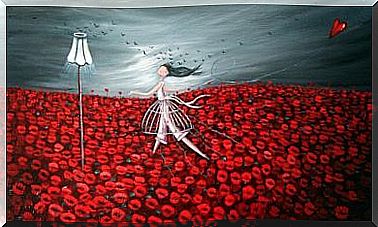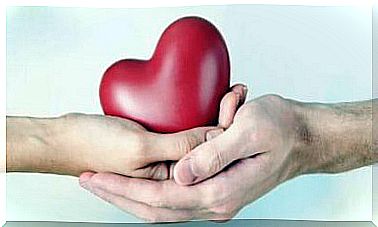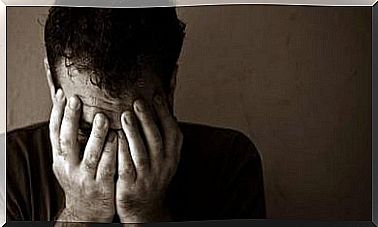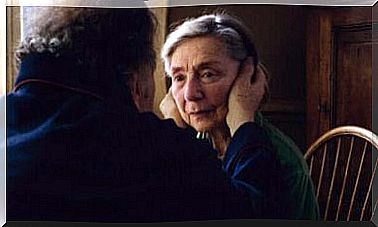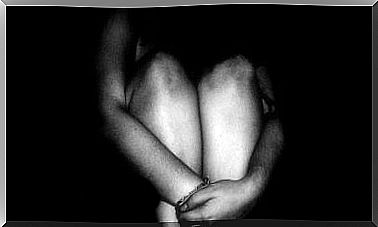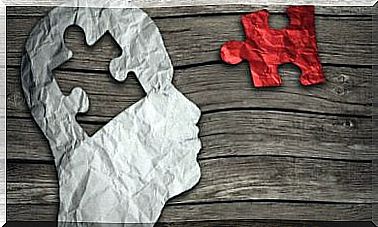Only Those Who Are Brave Can Recognize Sadness
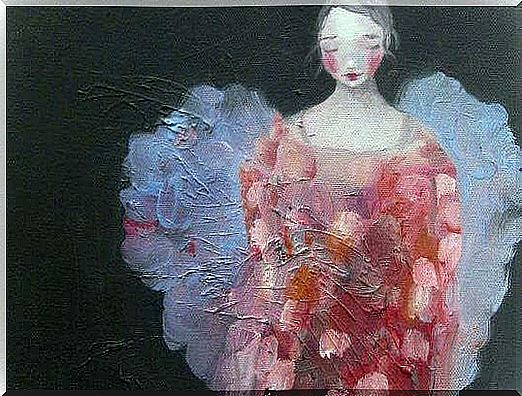
How many times have you tried to hold back or gloss over your sadness? From childhood on, society has repeatedly given us to understand that we cannot allow ourselves to be sad, that we must be courageous and strong at all times, that we must not tire, that we do not learn anything from sadness and that only and joy alone is a desirable feeling and only it is good for us. Of course, we are also cautious with our joy and never euphoric.
Of course, sadness is a negative feeling, but what if we made it a feeling that enriched us and we were able to accept it and learn from it? What if we gave her a room instead of locking her up?
Sadness: a basic feeling
The loss of a family member, the end of a relationship, a resignation or illness, the failure to meet our own expectations – these are just a few examples of what makes us sad. It is often the case that the sadness is not there from the start, because in the first moment we are angry because of the harshness with which a loss hits us.
We have to make a very important distinction between sadness and depression. The latter is not a feeling, but an illness that is permanent and can only be diagnosed when the persistent, intense sadness is accompanied by other symptoms. Despite this difference, which is of great importance, sadness is understood in a similar way to depression, so that many people want to put an end to their sadness as quickly as possible.

If, in addition to feeling sad over a certain period of time, you also have trouble sleeping, you do not enjoy activities that used to make you happy, you no longer want to do your everyday activities, you have difficulty concentrating and feelings of guilt, then there is no doubt that it is high time to seek professional help.
But sadness in itself is a unique way to get to know ourselves. In the case of sadness, we need the support and help of loved ones, and no medical treatment.
“Sometimes things go wrong and no one is to blame. But everyone wants to know why, they want to know the reason. Something they can wrap up, tie a ribbon, and bury in the garden of the past. Buried so deep that it seems like it never happened. “
From: The Mysterious World of Leland Fitzgerald
tears
We humans have shed so many tears and yet we still don’t know the full mystery behind it, even if numerous studies confirm that in our social beings they fulfill a function of liberation and communication with others in order to find comfort.
Behind our tears there is a complex network of emotions and not just a single feeling. The circumstances under which we cry can also be very different: We can cry with happiness, because of the empathy shown by our fellow human beings, because of anger or when we see a film that moves us. Every tear tells of what is important to us.
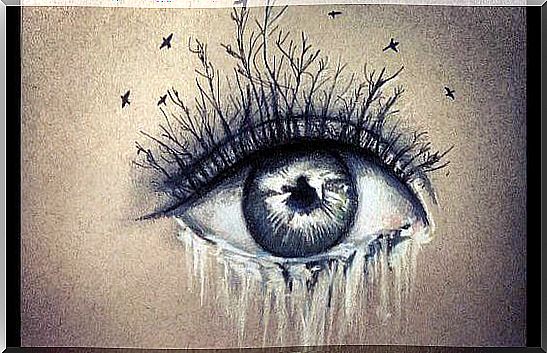
Holding them back or viewing them as enemies therefore makes us neither stronger nor better people. This behavior is completely based on what we believe, what another person might think of us. And at this point we should ask ourselves, maybe this person has never cried? If so, something is wrong. However, it is more likely that this other person interprets our tears as weakness much less than we do.
Crying calms us down, reduces our anxiety, makes us breathe easier, stays true to our feelings, connects with others. So what’s wrong with crying?
Don’t cry, be strong
When we are built close to the water, many times in our life we have heard someone tell us not to cry. That we have to be strong in spite of everything, that crying is weak, it is ridiculous, or worse, childish. Having heard this so often, we finally internalized it. This made us the first censor of our tears.
Sometimes we can understand why we are being told this. Also, there is usually no bad intent behind these statements and they are just sentences that we hear from an early age, learn something from them and internalize them. We say such sentences ourselves, often without thinking about them.
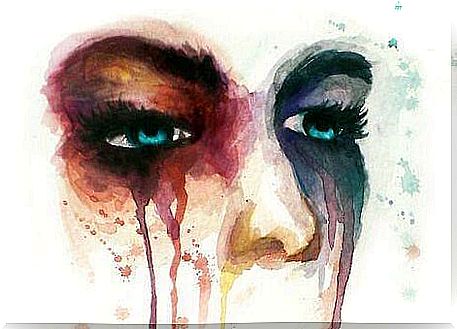
But as we said before, this has negative consequences. The acceptance and dissemination of this message is fertile ground on which to grow new generations who will reap what we have sown. Children usually learn and internalize very quickly what their parents forbid them, which is an important step towards adolescence and adulthood.
We have a responsibility to them and to ourselves: We have a responsibility to understand the role emotions play, whatever their nature. It is about accepting them and letting them run free so that they can fulfill their healing or motivating function.
“Laugh when you can and cry when you need to.”
Chojin
Sadness is ultimately just another one of our feelings, and when we use it appropriately and it is justified, it is one of our strongest allies. Therefore, you should not see them as your enemy or start a fight against them, because such a fight will only make you suffer even more and it will make you even more discouraged.
How liberating emotional crying can heal our soul
There are people who quietly
cry for a short moment and in discreet loneliness … >>> More
